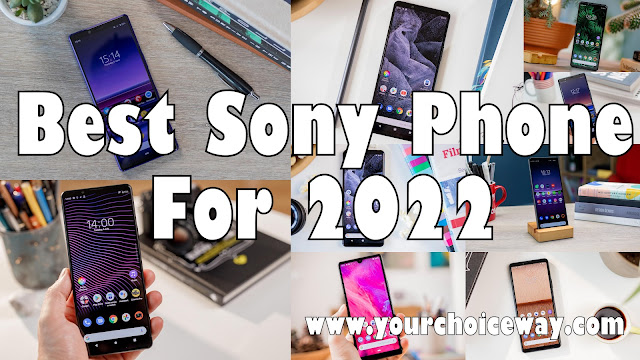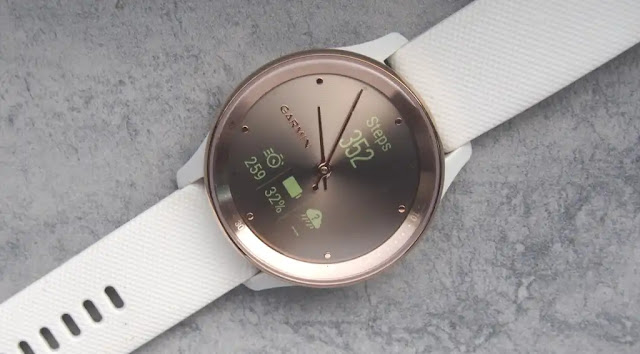If you're having trouble choosing which laptop to buy, we've got the expert buying advice you need and a range of models for varying prices and needs. We've reviewed and ranked the best laptops you can buy.
Tablets never took over as some predicted and we're glad the humble laptop is here to stay. That doesn't make it easy to choose one, with so many manufacturers, designs and specs to consider. Luckily, we're on hand to test them out so you can find the best one for your needs.
We've reviewed and ranked the 15 best laptops you can get right now and we're adding more (and getting rid of old models) on a regular basis. You'll find a summary along with our expert rating and where you can buy each laptop, but make sure you click through to each review for more details.
If none of the laptops we've listed here are quite right for you, let us arm you with the knowledge you need to help you chose what laptop to buy. Below our chart you'll find extensive buying advice that covers everything from what processor is suitable to how much storage you'll need and whether or not you should be looking for a more portable option.
Best Laptop Reviews
1. HP Envy 13 (2019)
Even the cheapest model has decent specs including an Nvidia MX250 graphics card where many rivals are using the older MX150 or simply integrated graphics. It's also got something quite rare these days in the form of a humble microSD cards slot.
There might not be Thunderbolt 3 support but that shouldn't be too much of a big deal for most users. HP has importantly improved the trackpad, battery life and the screen is much better than last year's model too.
If you want a premium laptop at a reasonable price without scrimping on specs, then the Envy 13 is the one.
2. Dell XPS 13 9380 (2019)
The main 4K OLED panel is paired with a secondary LCD screen built into the body at the same pixel density (so it's technically not 4K, but it basically counts). You can use it for multi-tasking with multiple apps, extending a single program into the extra space, or simply to drag distractions like Slack or Twitter down and away from your main project.
Beyond the dual display novelty, specs range up to a Core i9, 32GB RAM, 1TB of storage, and RTX 2060 graphics, meaning this will breeze through even demanding creative work and comfortably game at 1080p (or 4K if you don't mind iffier frame rates).
There are downsides though. The Pro Duo is big, it's heavy, the battery life is rubbish, and it's often uncomfortable thanks to the cramped keyboard and trackpad. It's expensive too, though it's not too unreasonable given the specs inside.
Don't write the ZenBook Pro Duo off as a mere novelty without trying it though. This may or may not be the future of laptops, but for creatives, multi-taskers, and the attentionally challenged, the second display quickly makes a case for itself. The question isn't really whether you need an extra display then - it's how much you're willing to compromise elsewhere to get it.
14. Huawei MateBook 13
The base model offers double the storage of Apple’s for £300/$200 less, while the more expensive one manages to include a faster processor, double the storage, and a discrete GPU (though the UK doesn't get the GPU), and still comes out cheaper than Apple’s £1,399/$1,399 setup.
The only real compromises are on webcam picture quality and battery life, though the latter could be a dealbreaker for anyone seriously considering switching from San Cupertino.
15. Apple 15in MacBook Pro (2019)
The headlines for this 2019 refresh are new 9th-gen Intel processors with up to eight cores and new graphics cards, too. The 15in model is your best choice in the current range if you need power since the 13in size has only been given a small processor bump.
While the MacBook Pro is still a stunning device, the price is very high, especially if you don't want the entry-level specs. If you're not set on macOS then there are a few Windows rivals available for less.
How To Choose The Best Laptop For You
Sometimes you just can't beat a bigger screen, a keyboard and Windows for getting stuff done, and then your only choice is a laptop. There are many different kinds, including hybrids that can be either laptop or tablet, high-end gaming laptops, cheap and cheerful budget models, and even those running macOS rather than Windows 10.
How Much Should You Spend On A Laptop?
Sometimes the best does come at a steep price, but equally you can get a lot of laptop for under £500 or even £300 – provided you need only complete basic tasks such as web browsing, writing emails and creating the odd document. If so, see the best budget laptops.
Around £500 or above can get you a nice laptop, but it's likely to have an entry-level set of specs. We're talking a relatively basic processor, minimal SSD storage and a relatively low-quality screen. It might also be on the heavy side.
Pay £700 or more and you should get a blazing fast processor, plenty of RAM, hordes of storage and a gorgeous display. You should also expect excellent build quality and premium materials. Many laptops these days are above £1,000.
We've shown you our favourite laptops available right now and offered some advice on how much to spend, but if you're still undecided we might be able to help break down your options further. Here we talk about screen size, storage, processors and more to help you make your decision.
What Screen Size Laptop Do You Need?
Laptop screens range from around 11in to 17in. A smaller screen might be harder to work on and offer fewer ports, but it will be more portable.
A 17in laptop, on the other hand, is a desktop replacement laptop and not deigned to be moved around often. You'll likely get a full-size keyboard and potentially an optical drive.
Generally, 13in is the sweet spot for portability and usability.
While many laptops have a resolution of 1366x768, Full HD, Quad HD and even 4K laptops are available. A touchscreen will add to the cost and generally isn't needed on a laptop. Also look out for a matte, non-reflective screen.
How Much Laptop Storage Do You Need?
How much storage you need depends on what you want to use a laptop for. As a general rule of thumb get as much as possible without wasting money on the upgrade.
An SSD will help your laptop run faster, but offers less space for your files (consider supplementing it with a portable USB drive). You can also use cloud storage - but only when you have an internet connection.
Memory (RAM) is where programs and files are stored only while you're using them, and more is always better - up to a point. Consider 4GB a minimum, unless it's a Chromebook, with 8- to 16GB the ideal.
These Google-powered laptops might struggle to make it into this chart, but we have rounded up the best Chromebooks if they are more suited to you.
Which Laptop Processor Is Best?
Unless you're going to run complex and demanding software or gaming, you don't need a top-spec processor. (If you are looking for something for games, we have a separate round-up of best gaming laptops.)
If you're happy to splash out you're probably looking at the latest generation (8th) Intel Core i7 chip. Entry-level spec models are likely to offer a Core i3 or even a Celeron, Pentium or AMD processor instead. A Core i5 is a good mid-range choice so check how much extra it is to upgrade before making a final decision.
The letters after the model name are important: Y and U mean they are ultra-low-power chips, which won't be great for demanding tasks but should translate to longer battery life. H means high-performance graphics; Q means quad-core.
Read our comparison of Intel vs AMD.
Buying An Ultrabook Or Ultraportable Laptop
Buying an ultraportable laptop is really no different than any laptop, except that your priorities are likely to be different. You might want an ultraportable laptop that's light and will last a long time away from the mains.
However, other people want an ultrabook that's powerful and can handle demanding applications without breaking your back when you carry it around. Both types are available.
Some compromises are inevitable if you want a thin and light laptop, though. There's less space for a battery, so it's typical to find shorter runtimes.
Thin laptops tend to have shallow key travel, so if you need to do a lot of typing read our reviews to find out whether a keyboard is a joy or a pain to use.
Warranty And Other Considerations
We recommend all the laptops here: there isn't a duff one among them. However, we urge you again to read through the full review before spending your hard-earned cash. None is perfect and what will best suit your needs might not be the device ranked at number one.
Battery life and warranty vary between laptops. The latter may differ depending on where you buy the laptop from, too. John Lewis, for example, tends to offer longer warranty than rivals.
After-sales service is something you should consider for everything you buy. Check whether the company has a UK-based support line, and forums (including our own) are an ideal place to ascertain whether a manufacturer is generally good or bad at carrying out work under warranty.
When you've bought a new laptop, be sure to take a few minutes to configure it so you can track your laptop should it ever be stolen or lost.
👉👇You May Also Like👇👌
View the original article here












%20Review.webp)






%20Review.webp)


0 comments:
Post a Comment